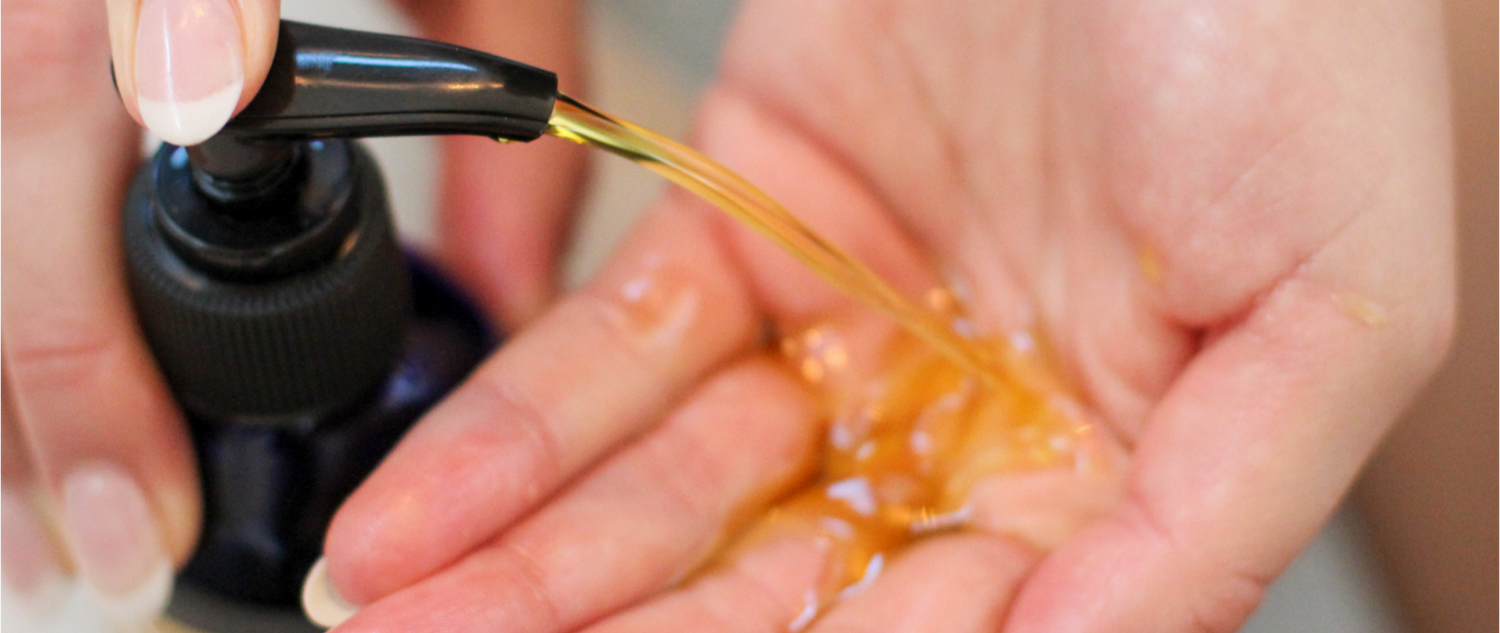When we think of summer, images of sun-kissed skin and beach days often come to mind. However, despite the humidity and increased moisture in the air, many individuals experience dry skin during this season. In this blog post, we'll explore the reasons behind summer skin dryness and provide tips to keep your skin hydrated and radiant all summer long.
1. Increased Sun Exposure:
While the sun provides warmth and vitamin D, excessive exposure can lead to dryness. Prolonged sun exposure can damage the skin's natural moisture barrier, causing water loss and leaving the skin parched. Additionally, the UV rays can deplete essential oils and disrupt the skin's lipid barrier, resulting in dryness and dehydration.
Tip: Protect your skin by wearing a broad-spectrum sunscreen with at least SPF 30, seek shade during peak sun hours, and wear protective clothing like hats and sunglasses.
2. Air Conditioning and Indoor Environment:
Boy do we know about this in Arizona. During the summer, we often seek refuge from the sweltering heat in air-conditioned spaces. While air conditioning provides relief from high summer temps, it can also strip the air of moisture, leading to dry skin. Spending prolonged periods in air-conditioned environments can contribute to decreased humidity levels, robbing the skin of its natural moisture and leaving it dry and flaky.
Tip: Consider using a humidifier at home or in your office to add moisture to the air. Additionally, try to balance your time spent in air-conditioned spaces by exposing yourself to natural airflow whenever possible.
3. Frequent Swimming:
Summer is synonymous with pool parties and beach trips, but spending time in chlorinated pools or salty seawater can exacerbate skin dryness. Chlorine and saltwater can strip the skin's natural oils, leading to dryness and irritation. Additionally, spending long hours in the water can cause water to evaporate from the skin's surface, leaving it dehydrated.
Tip: Before swimming, apply a layer of moisturizer or body oil to create a barrier between your skin and the water. Afterward, rinse off with fresh water and moisturize your skin generously to replenish lost moisture.
4. Increased Sweating:
Higher temperatures during summer can cause increased sweating. While sweating is a natural cooling mechanism for the body, excessive sweating can lead to water loss from the skin, resulting in dryness. Additionally, if the sweat evaporates quickly, it can leave behind salt crystals that can further dehydrate the skin.
Tip: Stay hydrated by drinking plenty of water to replenish lost fluids. After sweating, gently cleanse your skin to remove sweat and salt, and apply a lightweight, hydrating moisturizer to restore moisture balance.
Although summer is associated with humidity and moisture, several factors can contribute to dry skin during this season. Increased sun exposure, air conditioning, swimming, and excessive sweating can all lead to moisture loss and dryness. By understanding these factors and implementing proper skincare habits, such as wearing sunscreen, moisturizing regularly, and protecting your skin from harsh elements, you can maintain a healthy and hydrated complexion throughout the summer months. Embrace these tips, and enjoy the sunny season while keeping your skin glowing and nourished.




